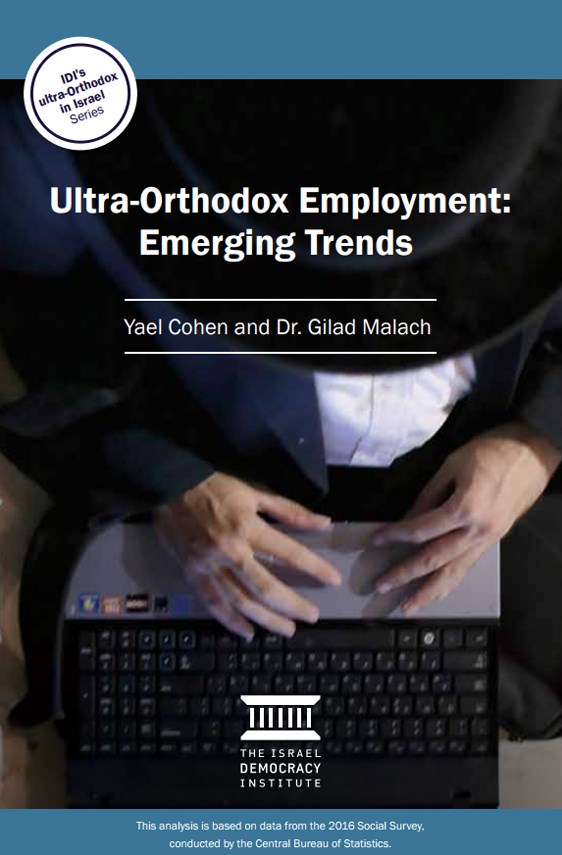

Publications Regarding Unemployment
Articles

Working from Home: A Survey of Patterns and Attitudes
Written By: Daphna Aviram-Nitzan, Rachel Zaken
One of the very few pieces of good news resulting from the corona crisis is the increase in people working from home (WFH). Unfortunately, workers from lower socioeconomic groups are not benefiting from this change.
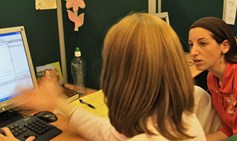
Public Attitudes Toward Vocational Training During COVID-19
Written By: Daphna Aviram-Nitzan, Yarden Kedar
An IDI survey examines public opinion on Israelis preferred areas of study and participation when undergoing vocational training during the economic crisis resulting from the coronavirus.

Two Cities Two Protests
Written By: Prof. Tamar Hermann
The Jerusalem's police force's aggressive stance, with its water cannons at the ready, play a key role in amplifying public awareness of the recent protests in the capital.

How to Generate Demand for Workers
Written By: Daphna Aviram-Nitzan
A growing number of countries around the world have realized that vocational training and subsidies for the training period can increase the demand for workers. Israel's government should follow this lead, while at the same time accelerating the pace of development of infrastructure projects, to increase the demand for skilled workers.

Is Israel's Social Protest Movement About to Emerge?
Written By: Prof. Tamar Hermann
As trust in the country's leadership erodes, the economy suffers, and the coronavirus surges, Israel is ripe to revolt, but probably won't

The Crisis Has Hit at the Core of the Labor Market
Written By: Daphna Aviram-Nitzan
The current crisis threatens the heart of the labor market with 400,000 workers between the ages of 35-54 designated as "temporarily absent from work" due to the coronavirus

Shmita: Rest, Share, Release
Written By: Prof. Yedidia Z. Stern
An exploration of the existential, social, and economic dimensions of the Shmita year, that calls for bringing together social, moral, cultural, religious and national forces to implement the idea of Shmita in non-agricultural and national contexts in Israel.

Ultra-Orthodox Integration: It Takes Two to Tango
Written By: Haim Zicherman
In an op-ed in Ynet News, IDI researcher Dr. Haim Zicherman discusses the steps that Israeli society must take in order to enable ultra-Orthodox men to integrate into the Israeli army and workforce.
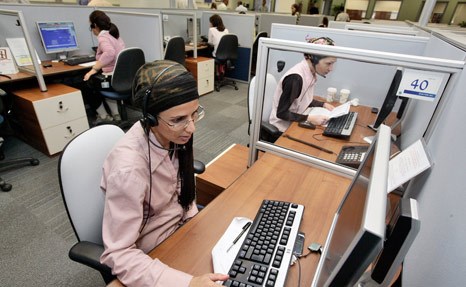
Integrating the Ultra-Orthodox
Written By: Andrew Friedman
To facilitate the entry of haredim into academia and the workforce, the state and private industry have invested hundreds of millions of shekels in recent years to create ultra-Orthodox frameworks to support individuals who are looking for academic education and employment while also remaining loyal to their cultural mores. As a result, nearly 80 percent of ultra-Orthodox women are now employed, on par with secular Jewish Israeli women.

Employment Among Israeli Arabs
The percentage of Arabs in the labor market is lower than that of other groups in Israeli society and is among the lowest in the world. Because this discrepancy is based on national-religious schisms, raising the Arab employment rate has important economic, social, and political-national implications. Find out more about this issue in this report, which was submitted by IDI's Arab-Jewish Forum to the Committee for Socio-Economic Change headed by Professor Manuel Trajtenberg.

Gamblers in Disguise
Written By: Prof. Yedidia Z. Stern
Prof. Yedidia Z. Stern examines the reality of the ongoing financial crisis, and tries to explain how such a rational industry gets carried away with reckless decision-making procedures.
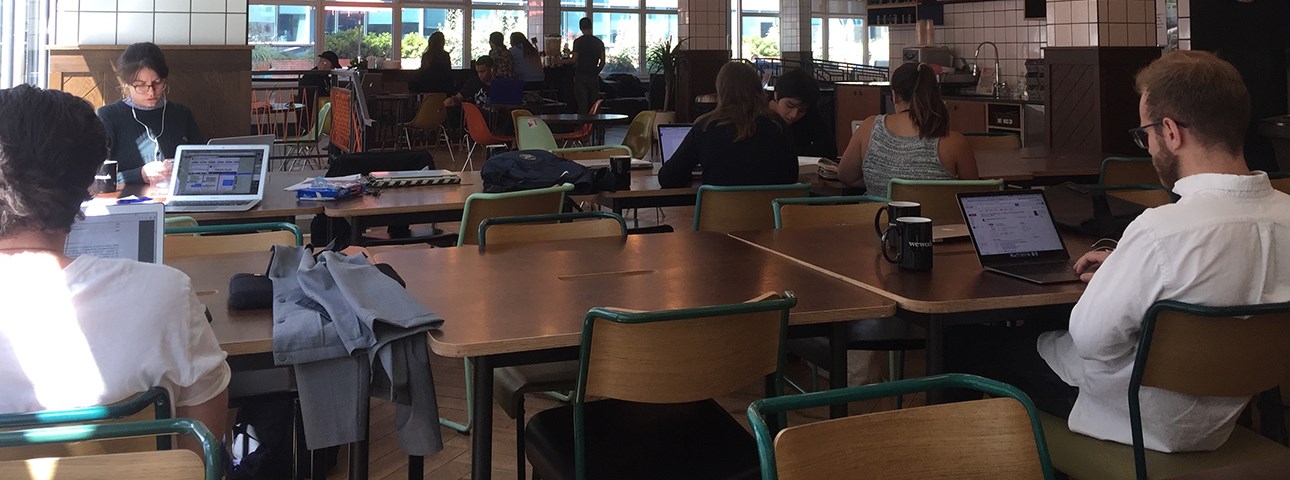
How Hard Is It to Do Business in Israel?
Written By: Daphna Aviram-Nitzan, Prof. Yuval Feldman
"In order to change this trend, we must increase the use of technological tools and behavioral economics."

The Employment Revolution and the Haredim Who Are Being Left Behind
Written By: Dr. Asaf Malchi
With 50% of young Haredi men expected to enter the labor market actually those with poorer skills and abilities, there is an urgent need for an in-depth rethinking about Haredi education.
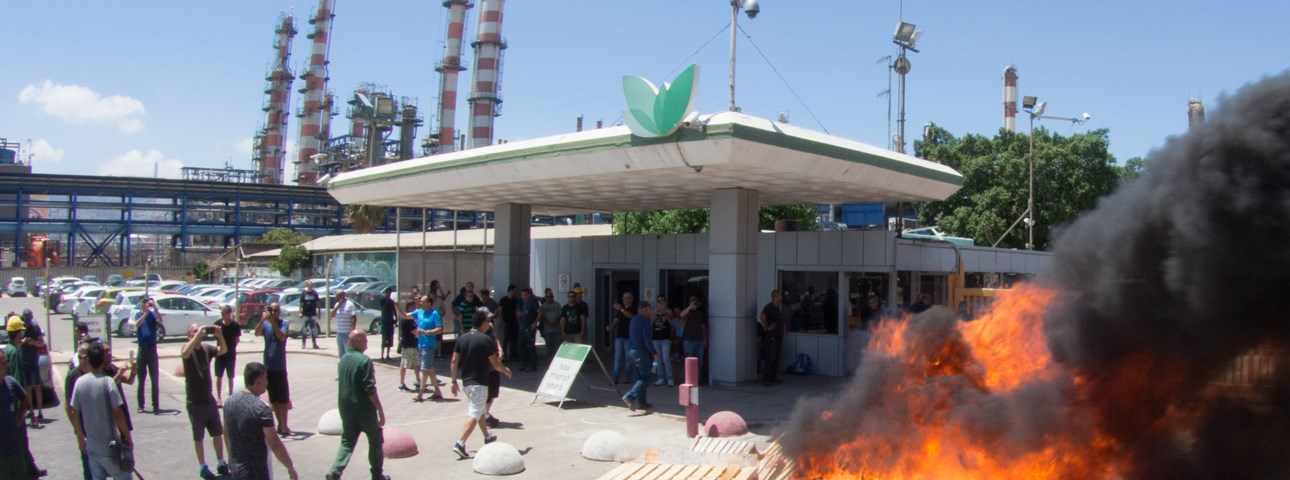
Active Labor Market Policy Must Become Priority
Written By: Prof. Yotam Margalit
For Israel's economy to grow, significant investment in building a strong and effective infrastructure for occupational training and reemployment is critical.
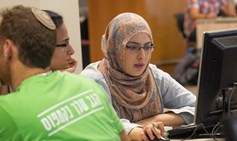
Opportunities Now: Arab Employment in the Galilee
Written By: Dr. Nasreen Haddad Haj-Yahya
The north presents real opportunities for Israel’s society and economy. Turns out that the solutions have been in plain sight all along.

